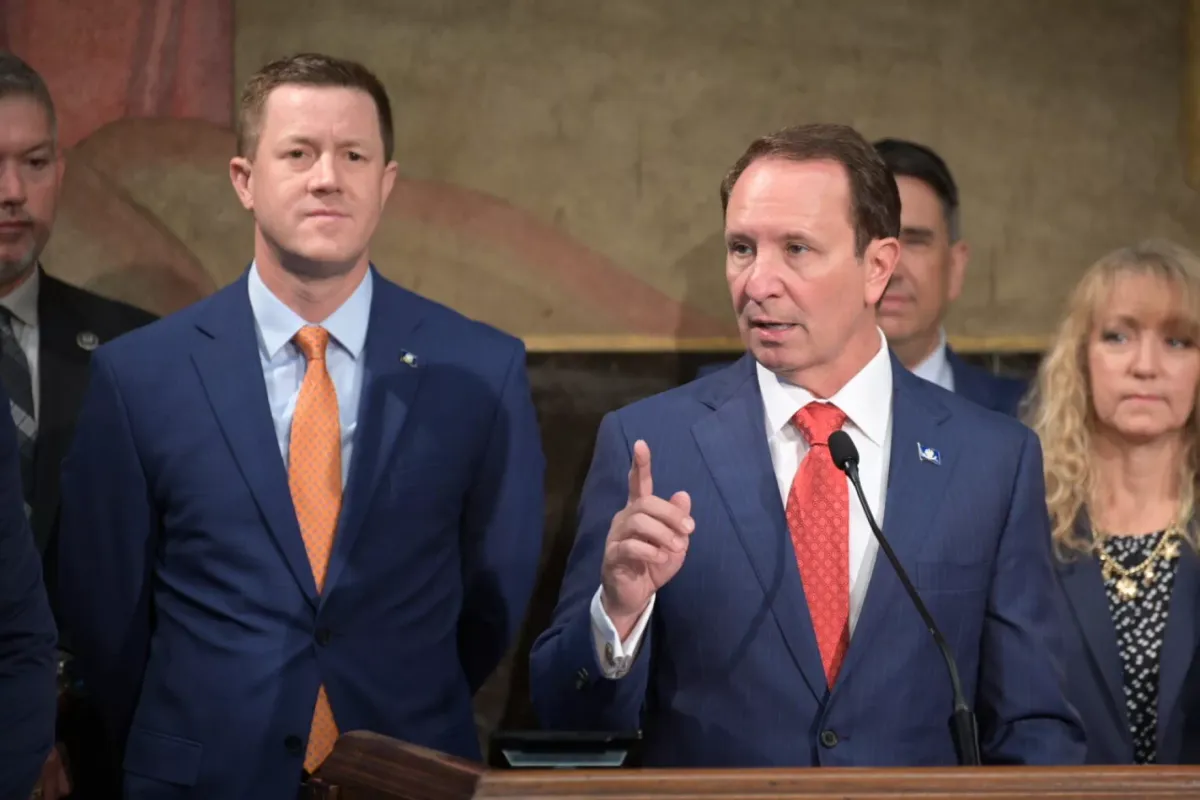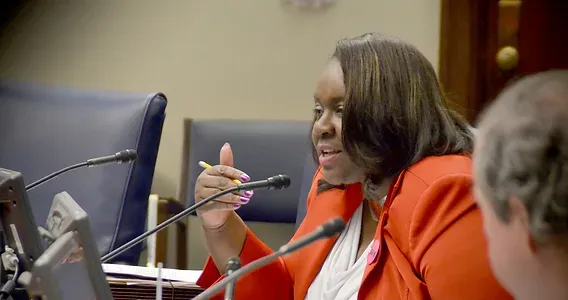Landry Bans Critical Race Theory in Louisiana Schools, Echoes Existing Law Amid Controversy
The ban has sparked significant backlash from educators, civil rights groups, and some lawmakers who argue that the executive order stifles critical discussions about race and history in the classroom.

BATON ROUGE, La. — Louisiana Governor Jeff Landry has issued an executive order banning the teaching of critical race theory (CRT) in the state's public schools, a move that has drawn both support and criticism. The order mirrors Act No. 326, a law passed earlier this year that prohibits instruction suggesting that students are inherently oppressive or oppressed based on their race or nationality.
Governor Landry, who has been vocal in his support for conservative education reforms, argued that education in Louisiana should focus on equality as outlined in the U.S. and Louisiana Constitutions, rejecting what he describes as divisive concepts. “Teaching children that they are currently or destined to be oppressed or oppressors based on their race is wrong and has no place in our Louisiana classrooms,” Landry said. Louisiana State Superintendent of Education Cade Brumley echoed the governor’s sentiments, emphasizing a focus on core academic skills and expanding educational freedom.
However, the ban has sparked significant backlash from educators, civil rights groups, and some lawmakers who argue that the executive order stifles critical discussions about race and history in the classroom. Critics claim that the ban is a political move that ignores the complexities of systemic racism and undermines efforts to address inequality. They argue that CRT, which explores the impact of historic policies like Jim Crow laws and redlining on minority populations, is essential for fostering a comprehensive understanding of American history.
“The governor's order is nothing more than an attempt to sanitize history and limit the scope of education,” said a spokesperson from the ACLU of Louisiana. “Students deserve to learn about the full history of this country, including the ways in which race and racism have shaped it.”
Landry’s push for this ban aligns with broader efforts across the country where similar legislation has been introduced, though not without opposition. According to Education Week, the momentum behind CRT bans has been waning nationwide, with many states rejecting such measures after public outcry.
Despite the controversy, Landry remains firm in his stance, promoting additional conservative education policies like the LA GATOR scholarship program, which allows public tax dollars to fund private school tuition. The debate over CRT in Louisiana is far from over, with both sides preparing for what could be a prolonged battle over the future of education in the state.





